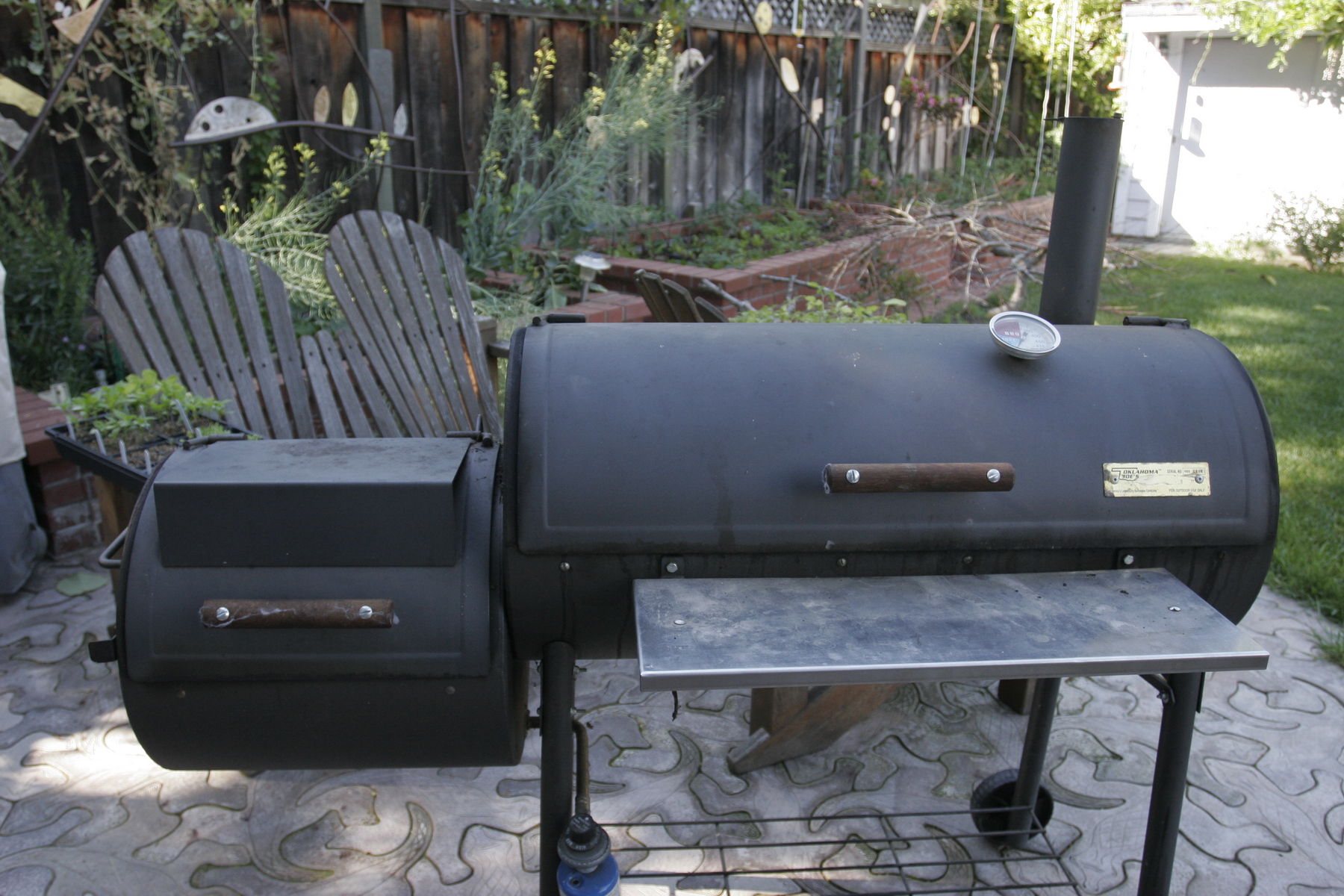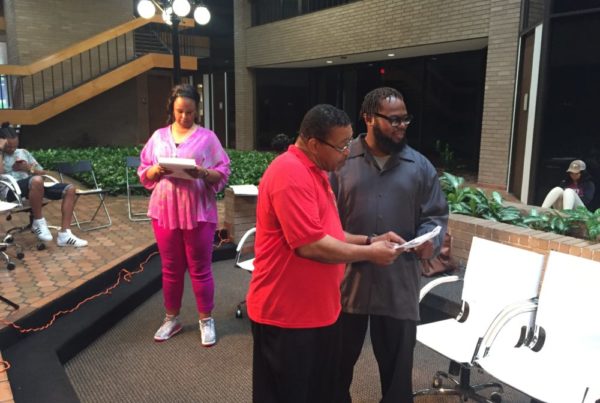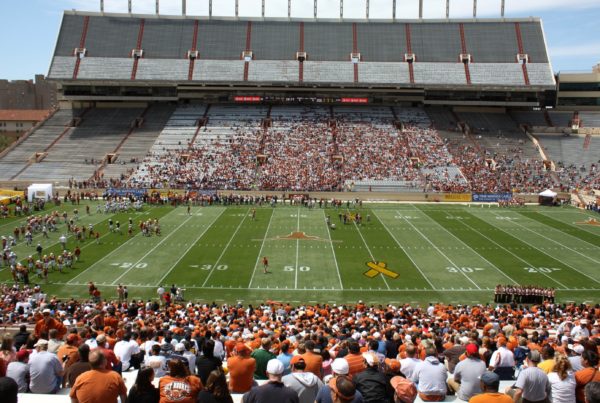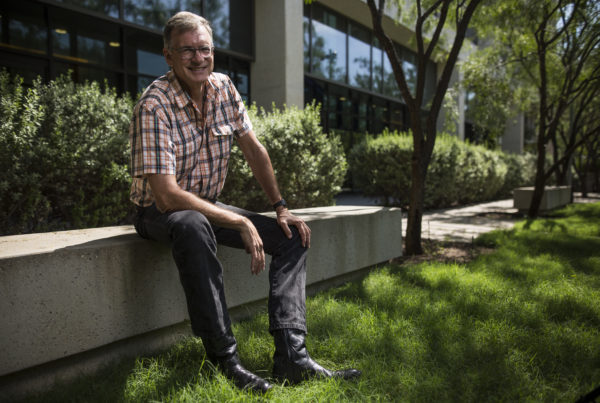While it’s easy to get caught up in the finished product when it comes to smoking meat, Texas Monthly Barbecue Editor Daniel Vaughn says more at-home smokers need to focus on the fire.
For Vaughn, the best Texas barbecue is made using an offset smoker. The setup generally includes a firebox connected to a cylindrical cooking chamber. Smoke and heat flows through a pipe into the chamber and then out the exhaust pipe.
Vaughn says the type of smoke a barbecue fire produces has a big effect on the flavor of the meat.
“If you’ve got a nice, clean burn, [and] you’ve got some white or blue smoke coming through, it carries with it those good flavors of smoke. That makes the brisket tasty,” Vaughn says.
On the other hand, he says stifling the fire gives a heavy, dirty gray smoke, which embeds into the meat giving it what he calls a “dirty smoke” flavor.
“Imagine if you cleaned out the bottom of an ashtray and took a sip of it,” Vaughn says. “It coats your tongue, your lips. It makes your tongue kind of go numb. It’s one of those things that you are going to taste all day long.”
Vaughn also says the best smoked meat comes from restaurants that feed their fires throughout the night.
“Oftentimes folks who want to get a few extra winks of sleep will shut down all those dampers, shut down that exhaust and let that fire just barely smolder,” Vaughn says. “Well, what that fire is doing that entire time is just creating that nasty dirty smoke that is spreading all through the meat.”
Vaughn recommends maintaining a flame temperature above 700 degrees. He also says all damper and exhaust vents should be left open in the smoke chamber.
Vaughn’s other keys to barbecue success include using dry wood, creating a bed of coals beneath the fire and choosing the right type of wood.
“Mesquite wood is one of those that creates more smoke,” Vaughn says. “If you don’t know what you’re doing with mesquite, you’re much more likely to have a dirty fire than with say, oak or pecan.”
Written by Rachel Rascoe.















